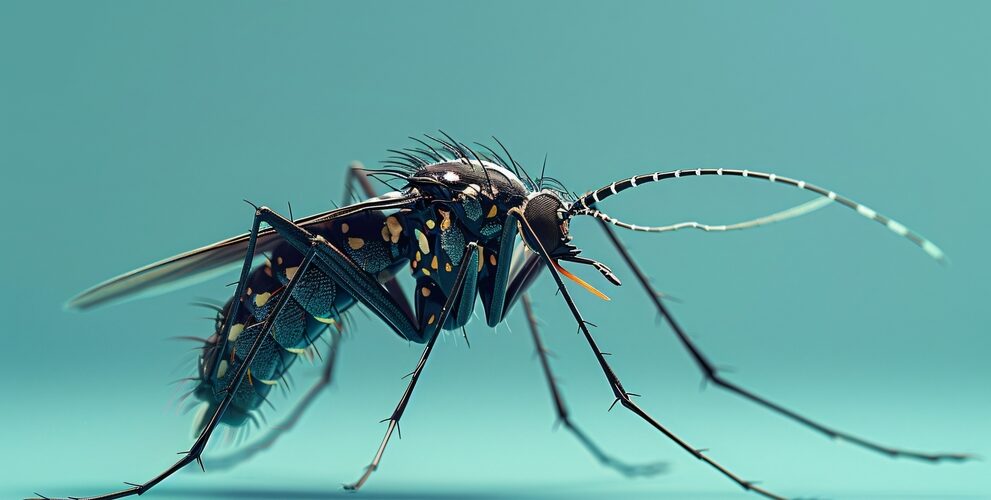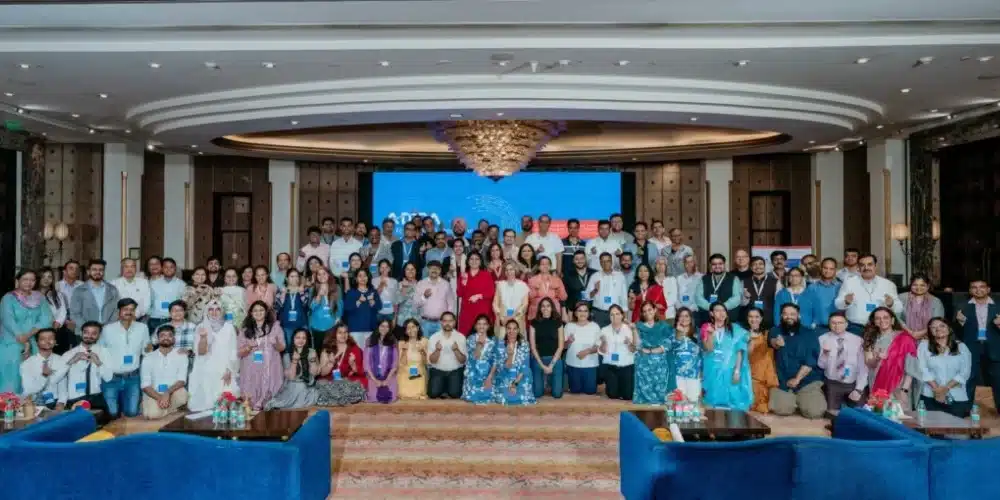How AI, IoT and drones are winning the mosquito war in Andhra Pradesh
Indian state is replacing outdated mosquito control with a real-time, AI-powered surveillance system
Author
Author
- admin / 6 months

- 0
- 2 min read

Author
The Smart Mosquito Surveillance System (SMoSS), a high-tech approach, is helping combat mosquito-borne diseases in Andhra Pradesh. The initiative launched by the Municipal Administration and Urban Development Department uses artificial intelligence and Internet of Things (IOT) technology to monitor and control mosquito populations across 66 locations in six major municipal corporations: Greater Visakhapatnam, Vijayawada, Kakinada, Rajamahendravaram, Nellore, and Kurnool. By replacing outdated methods like blanket fumigation, which is a method of pest control, SMoSS aims to curb diseases such as malaria, dengue, and chikungunya while reducing costs and environmental impact.
How does the system work?
The system uses a range of advanced tools, including drones, smart sensors, and heat maps, to collect real-time data on mosquito density, species, gender, and environmental conditions like temperature and humidity. This data enables precise fumigation targeting high-risk zones, moving away from inefficient blind spraying.
The system also integrates with hospitals to track daily cases of vector-borne diseases, ensuring swift, evidence-based responses. Mobile apps like Vector Control and Puramitra enhance accountability by monitoring operations.
Addressing a public health challenge
Mosquito-borne diseases thrive in India’s tropical regions, posing a persistent threat to public health. Traditional control methods are labor-intensive, costly, and often wasteful, burdening civic staff and overusing chemicals.
SMoSS can tackle these issues by easing surveillance and interventions, which not only protects communities but also eases the workload on municipal workers. The initiative’s data-driven approach ensures resources are used efficiently, focusing on areas with the highest risk of outbreaks.
Potential for wider impact
A successful rollout could inspire other regions to adopt similar systems, creating a scalable model for tackling vector-borne diseases in tropical climates.
However, technology might need to be paired with robust sanitation practices and public awareness to eliminate mosquito breeding grounds like stagnant water and garbage.
Also read: National Dengue Day 2025: India steps up fight against mosquito-borne diseases










